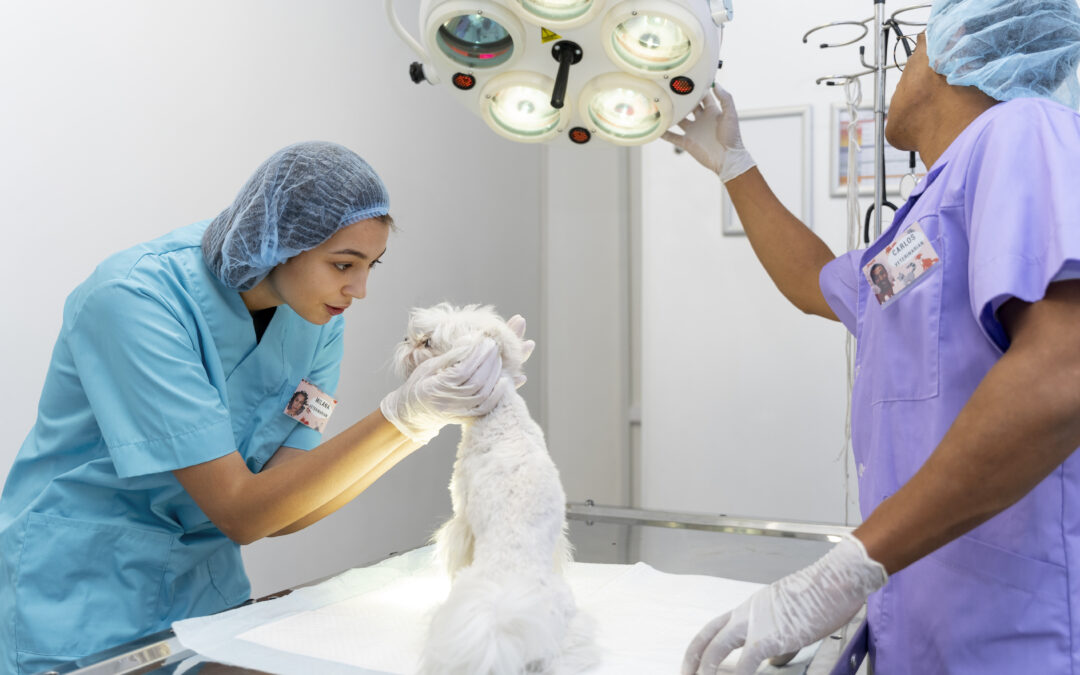Bodhi is a 11-month old Rhodesian Ridgeback and the excitement level of getting a new Kong toy was almost too much for him. How much? He enjoyed his new toy so much that he swallowed it whole and needed surgery at Veterinary Urgent Care Center of Braintree to have it removed.
We all love to spoil our pets with toys, whether it’s a squeaky ball, a plush friend, or a chew toy that promises hours of fun. But what starts as playtime can quickly turn into a medical emergency if your dog or cat ingests the toy or gets it dislodged in their wind pipe. Here are the three essential steps you should take every time your pet gets a new toy to help keep them safe and out of the operating room:
Choose the Right Toy for Their Size and Chewing Style
Not all toys are created equal — and not all are safe for your specific pet. Look for toys that are appropriately sized for your pet’s mouth, especially if you have a power chewer or a curious cat who likes to gnaw. Avoid small pieces that can be easily bitten off and swallowed.
Tips:
- Supervise use of plush toys if your pet likes to “destuff” them.
- Rope toys can unravel and pose a serious risk if swallowed.
- Read the label! Some toys are not meant for unsupervised use.
Inspect the Toy Daily
Toys don’t last forever. Even durable ones can break down with regular chewing or rough play. Take a minute each day to inspect your pet’s toys for rips, cracks, missing pieces, or loose stuffing. If a toy is falling apart, it’s time to throw it out. Swallowed pieces of toys are one of the top reasons pets end up in urgent care or emergency surgery. It’s not worth the risk to let your pet keep playing with a damaged toy.
Supervise Play, Especially with New Toys
The first few times your pet plays with a new toy, keep an eye on them to see how they interact with it. Some pets will immediately try to destroy it and chew off parts, while others may be gentler. Supervised play lets you spot potential hazards before they become emergencies.
If your pet has swallowed part of a toy or is showing signs of vomiting, lethargy, or abdominal pain, don’t wait. Visit one of our eight Veterinary Urgent Care Center locations in Massachusetts or Rhode Island. We’re open 7 days a week and walk-ins are welcome daily. Book online or view our hours before you walk in at veturgentcare.com.




